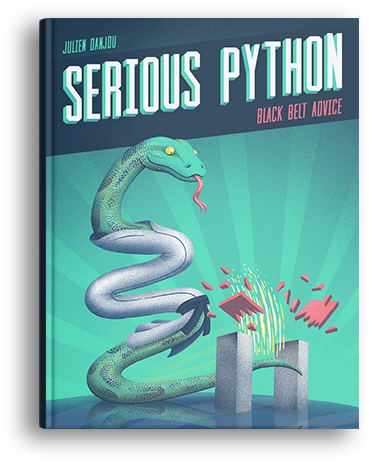The Em Dash Is Dead
And I Might Have Killed It
I’ve always loved the em dash. It’s elegant. It’s useful. It lets you breathe in your writing—without having to deal with commas or (God forbid) parentheses.
Ten years ago, I wrote a book. A real book. With my hands.
Over 68,000 words—and 77 beautiful em dashes.
I wasn’t counting then—only recently did I check. You know, just to see how robotic I might’ve accidentally been.
Because now? Now the em dash is a red flag.
A decade ago, it was just a punctuation mark. Today, it’s basically a biometric marker for ChatGPT. Type an em dash on the internet in 2025, and someone will immediately side-eye your prose like you’re a prompt engineer trying to slip one past them.
“Nice try, OpenAI.”
Somehow, without even trying, I joined the ranks of the suspicious. My past self—the one tapping away joyfully, dashing away without care—was unknowingly building a future case against me.
So here I am. A human. Who’s written thousands of human words. Who once thought the em dash was peak form—and now has to ask:
Am I even allowed to use it anymore?
The tragedy is this: AI didn’t invent the em dash. We gave it the em dash. We trained it on our books, our blog posts, our essays. We fed it so much em dash-laced content that now it thinks it’s just what humans do. And to be fair… it was.
Now, AI refuses to stop.
You can threaten it, prompt it, scold it—“no more em dashes!”—and two lines later? Bam. Another one. It’s like trying to get your dog to stop barking at squirrels. It hears you. It just doesn’t care.
Meanwhile, actual humans are uninstalling their em dash keyboard shortcuts. Coders are deleting — from their HTML snippets. Writers are rephrasing perfectly good sentences just to avoid looking synthetic.
We didn’t lose a punctuation mark. We lost a friend.
So, if you see an em dash in my writing—don’t panic.
It’s not a bot. It’s just me. Old-school. Nostalgic. Typing with trembling fingers and a tear in my eye.
Still human.
Still grieving.
Still em-dashing.



